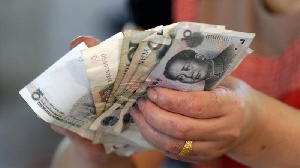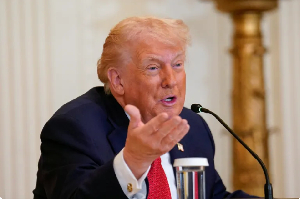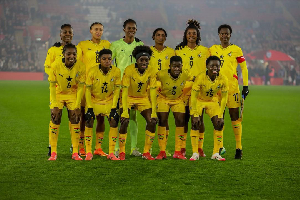Ghanaian importers have indicated that the recent devaluation of China’s Yuan will not affect the prices of goods imported from that country.
While some consumers of goods imported from China are expecting a reduction in the prices of Chinese goods, the Ghana Chamber of Commerce & Industry (GCCI) has ruled out cheap prices.
The Chamber said the decision to devalue the Chinese currency was to boost exports.
According to Seth Adjei Baah, President of GCCI, the devaluation made no difference, as importers bought goods mostly in dollar-quoted prices.
Finance Minister Seth Terkper indicated that the effects of the devaluation on Ghana’s economy so far cannot be over-emphasised.
There are also concerns that the devaluation of the Yuan could eventually lead to the collapse of more local industries because their goods may become uncompetitive.
Speaking in an interview with the media in Accra, he stressed: “It cannot make imports cheaper because we are importing with Cedi against Yuan.
“We are importing with Cedi against dollar. The dollar is always going high against us. Our duties are charged in dollars and our VAT is charged in dollars.
“All the trade is done in dollars. So unfortunately, if the cedi is stronger against the dollar, that gives us an advantage. The dollar is still growing very strong. And if the dollar is strong, we cannot see any much of a difference. Unless there are ways to convert the Yuan to dollar, then we will have few dollars for the same items we were buying.
He said a downward review of China’s import rates could give importers some relief.
China’s foreign-exchange reserves plunged and it intervened to prop up the Yuan.
The People’s Bank of China said Monday that its reserves fell by $93.9 billion, the biggest-ever monthly drop in dollar terms and the largest in percentage terms since May 2012.
The decline in China’s foreign-currency reserves has accelerated, deepening a trend that illustrates the pressures of the country’s slowdown.
Business News of Wednesday, 9 September 2015
Source: Daily Guide













